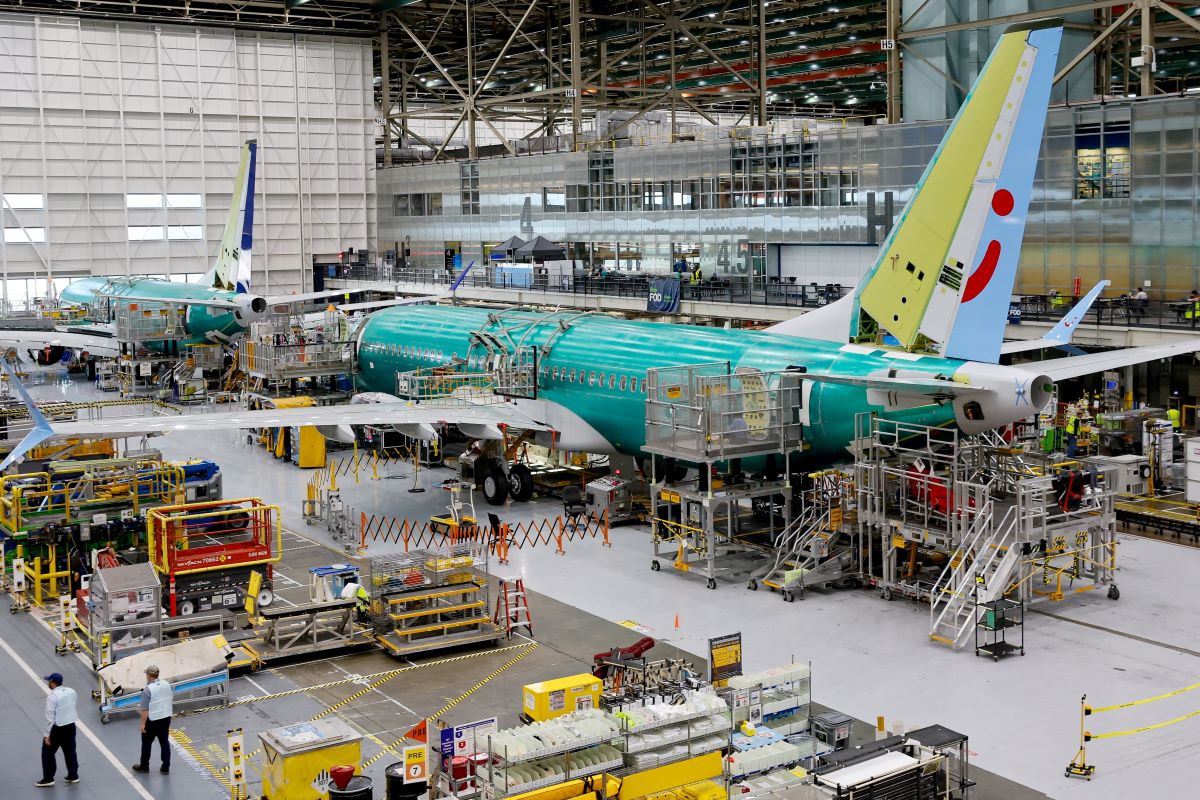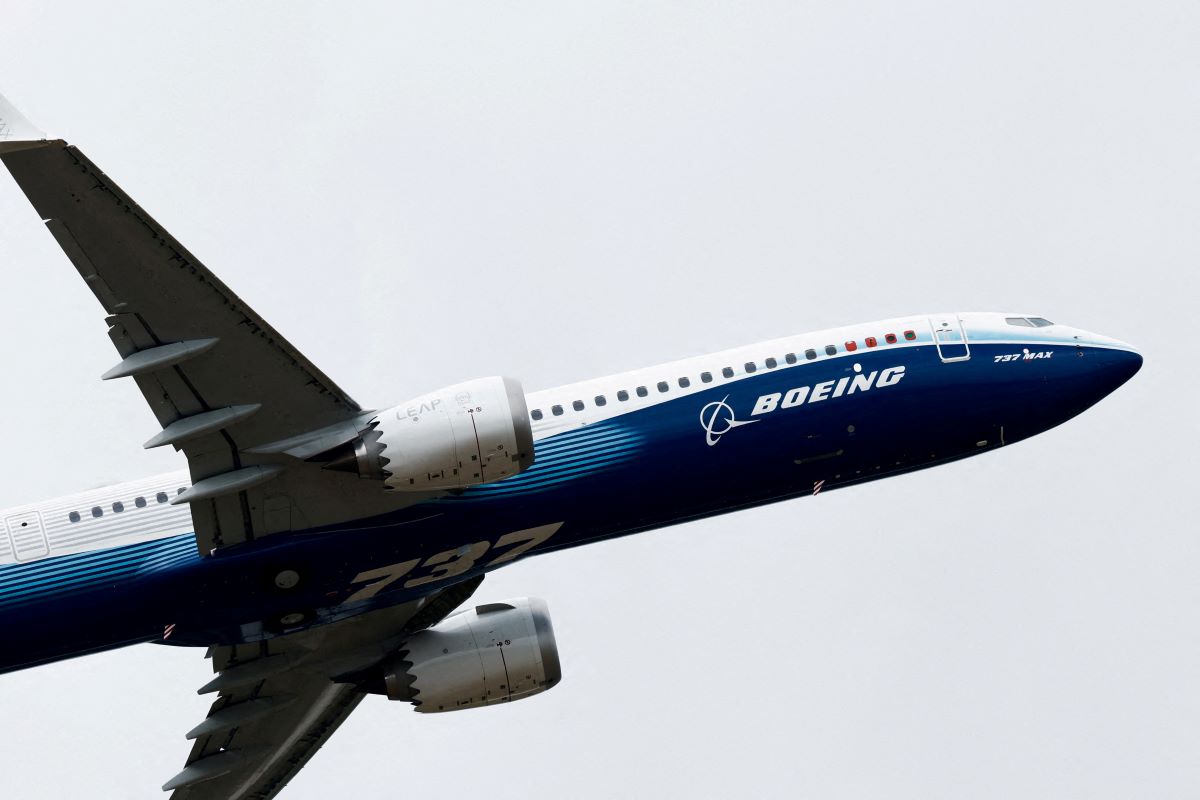Boeing and its largest union have reached a tentative agreement that covers more than 32,000 workers, avoiding a potential strike that was scheduled for this week.
The proposed four-year contract has been praised by the union as the best it has ever negotiated. It also marks an early achievement for Boeing’s new CEO, Robert “Kelly” Ortberg, who faces the challenge of revitalizing the troubled aerospace company.
As part of the deal, Boeing has committed to building a replacement for its widely used 737 model at its facilities in the US Pacific Northwest, provided the project begins within the four-year duration of the labor contract. However, the company has yet to officially announce plans for the new jet.
Both Boeing and its competitor Airbus are in the early stages of strategizing the development of replacements for their best-selling single-aisle models, which are expected to enter service in the late 2030s.
The contract includes a 25% general wage increase over four years, which is below the 40% hike originally demanded by the International Association of Machinists and Aerospace Workers (IAM) union. This suggests the union’s acknowledgment of Boeing’s challenging financial situation.

Securing this early agreement is a positive step for Boeing as it works to restore confidence among investors and customers, goes through regulatory challenges, and increase production of its 737 Max.
The company has faced scrutiny since an incident in January when a door plug on a near-new Max jetliner blew off mid-flight. Boeing’s stock has since fallen by 37%, in contrast to a 7.7% rise in the Dow Jones Industrial Average.
JP Morgan analyst Seth Seifman cautioned that workers still need to vote on the deal. Two votes are scheduled for Thursday: one on the contract, which requires a 50% majority to pass, and a second vote on whether to strike, which needs two-thirds approval.
“Workers have leverage, and an informal sampling of opinions on social media shows dissatisfaction with the contract terms among some union members,” Seifman added.
A strike authorization vote held in July received overwhelming support, with 99.9% of workers in favor. Last year, Boeing’s 737 fuselage supplier, Spirit AeroSystems, had to temporarily halt production after workers rejected a four-year contract proposal.







Leave a Reply